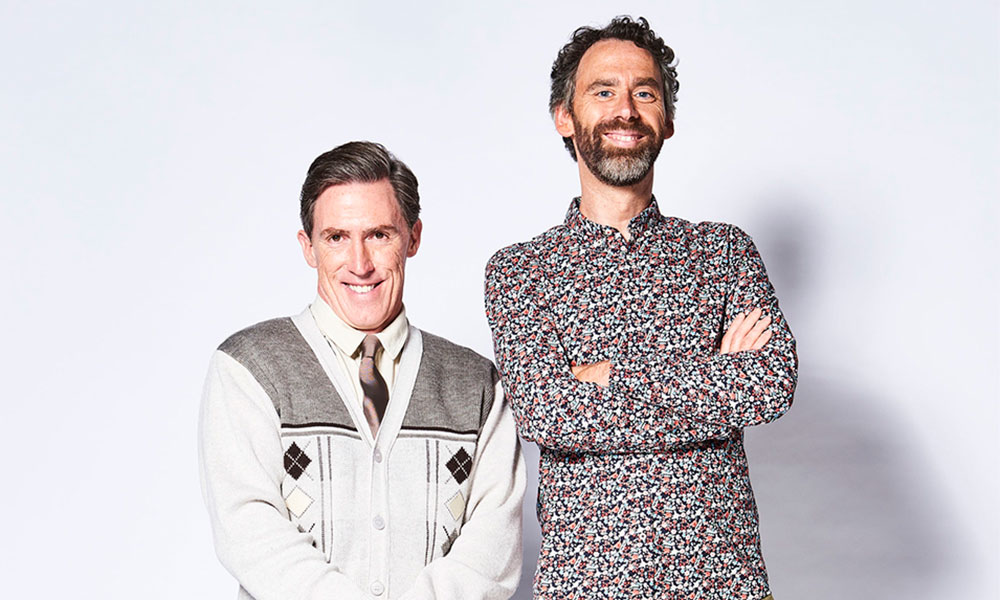More than a quarter of the population spent their Christmas watching Rob Brydon unnecessarily sing a homophobic slur

Bryn and Nessa performing the controversial song on the Gavin and Stacey Christmas Special (BBC/YouTube)
Some people spend their Christmas unwrapping presents, others tuck into turkeys and some – 17.1 million to be exact – heard the homophobic slur “f****t”.
On December 25, around a quarter of the UK’s population switched their television sets onto BBC One to watch the holiday special of comedy Gavin and Stacey. But one scene saw queer people up and down the nation uneasily shift on their couches.
The Pogues‘ 1987 song ‘Fairytale of New York’, regularly rated as the nation’s favourite festive song, is also regularly plunged into controversy for its inclusion of ‘f****t’ in one of its lyrics.
Becoming as synonymous with the holidays as twinkly lights, the annual debate over whether the lyric – given the term’s modern use as an anti-gay slur – was intensified after Gavin & Stacey saw two characters performed a karaoke version of the song.
LGBT+ outraged by unnecessary singing of homophobic and outdated slur on Gavin and Stacey.
After James Corden’s character enthusiastically shouts “I love this part!” cameras switch to Rob Brydon’s character timidly singing the contended lyric.
And the sitcom pulled in the BBC‘s biggest audience for a non-sporting show in 13 years, The Sun reported.
More than 12.31 million people tuned in for the show live, becoming the most-watched festive programme of the decade.
Moreover, across watching the show live, via a repeat or on catch-up, views tallied upwards of 17.1 million.

Bryn and Jason from Gavin & Stacey. (BBC)
As appalled fans piled the BBC, considering that the phrase can evoke trauma and abuse for LGBT+ people, the broadcaster nevertheless later defended the use of the slur.
Bosses threw their support behind show-creators Cordon and Ruth Jones, who made the call to include the song in the special.
A BBC spokesperson told the Metro: “‘Fairytale of New York’ is a very popular, much-loved Christmas song played widely throughout the festive season, and the lyrics are well-established with the audience.”
The annual debate over the song comes as even the original bandmates themselves conflicted over its use. Pogues front-person Shane McGowan has defended the lyric, musician Kirsty MacColl once performed a rendition of the song where she swerved saying the lyric altogether.

